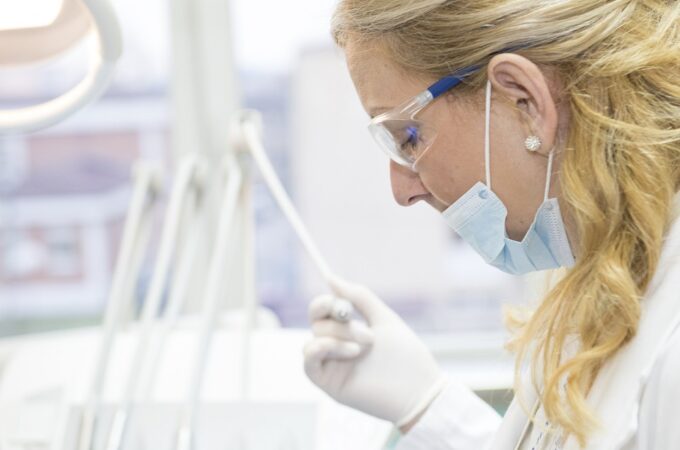
Pregnancy: What is the beta HCG level?
Since a few days, you feel symptoms that make you think that you may be pregnant.. decided to do a pharmacy test, it is positive. It will then confirm your pregnancy with a blood test. It is a blood test that detects the concentration of the hormone chorionic gonadotrophin (beta-hCG), just as for urine tests but it is 100% reliable.
The hormone HCG is secreted by the placenta. It is present in the blood as early as the 9th day after ovulation if the egg is fertilized. The average rate of HCG in women, excluding pregnancy, and before menopause is less than 8 IU / l. If the result of the assay is less than 5 IU / l, this excludes a pregnancy immediately.

Higher, the rate obtained affirms a pregnancy but does not make it possible to precisely date the pregnancy because the obtained rates are variable according to the women. It is the ultrasound that fulfills this role. If there has been fertilization, the HCG rate exceeds 8 IU at implantation and then begins to double every two to three days and increases rapidly between the fourth and the eighth week of amenorrhea (absence of menses). It peaks at the 8th week then falls, especially between the 14th and 18th week of amenorrhea and remains at a low value, around 5,000 IU / l.
The genuine HCG disappears within 5 days after delivery. Its evolution makes it possible to ensure the good progress of the pregnancy. In case of miscarriage its rate collapses. However, the rate does not reflect the vitality of the embryo and it is possible to have a fairly high rate of HCG in an arrested pregnancy (with a dead embryo) or with a clear egg (without embryo).

Between the 11th and 13th weeks (or in catch-up 14th and the 17th week), the determination of the beta HCG also helps to evaluate the risk of trisomy 21 because the rate is then higher than during a normal pregnancy (The result is coupled with maternal age, other blood markers, alpha foetoprotein and estriol, and ultrasound data) and allows prescribing, or not, amniocentesis. The pregnancy test is
reimbursed by its Social Security if it has been prescribed by a doctor.
Pregnancy tests: the urine pregnancy test (sold in a pharmacy) can be done 2-3 days after the presumed date of your period, ie at 17 days of pregnancy (it is possible to do so at the time of the presumed rules but this increases the reliability of the test to wait a few days).

The blood test, prescribed by a doctor and covered by social security, is positive at 10 or 12 days of pregnancy (a few days before the presumed date of the rules), it is advisable to do test 2 or 3 days before the presumed date of the rules. The test results are available quickly in 24 to 48 hours.




